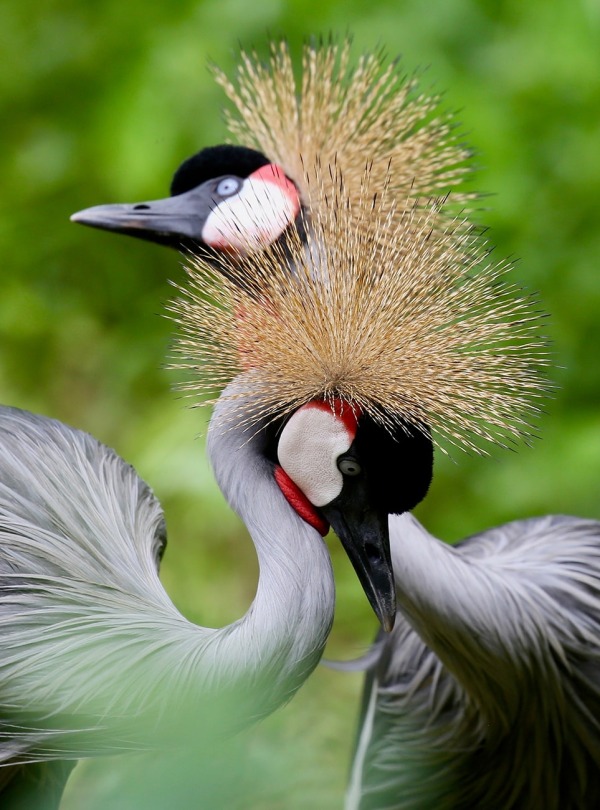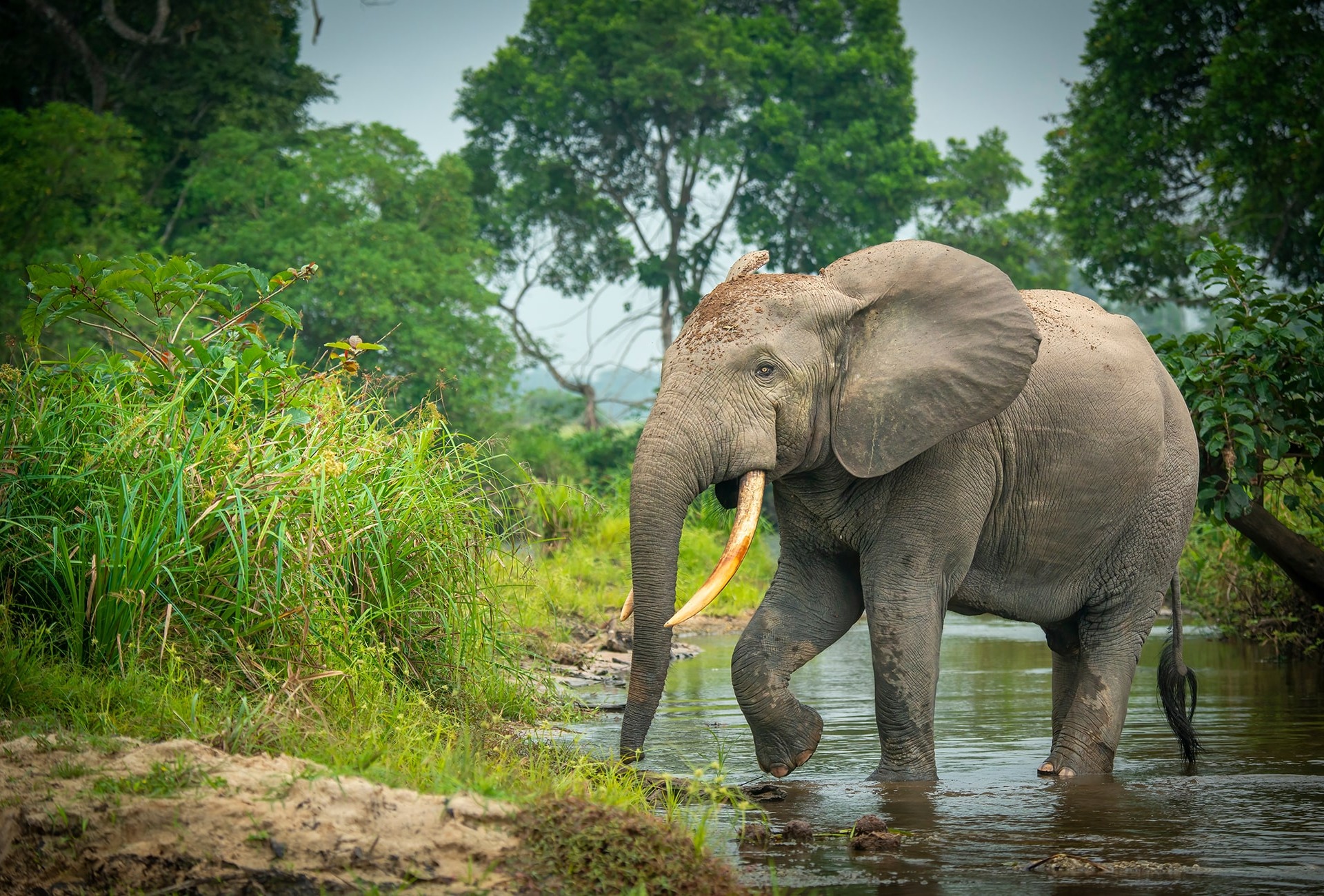
Lock Up Millions of Tons of Carbon in the World’s Largest Tropical Peatland
Support More Work Like ThisSupport More Work Like ThisDeforestation threatens species and vital tropical peatlands in western Democratic Republic of the Congo.
-
Species at Risk
African Forest Elephant (CR), Chimpanzee (EN), White-bellied Pangolin (EN)
-
Carbon stored
470,547,689 mT*
*(metric tons of CO2 equivalents) -
Partner
Rainforest Foundation Norway
-
1,150,638 Proposed Acres Conserved by
Designation
-
Project Cost: $1,421,771
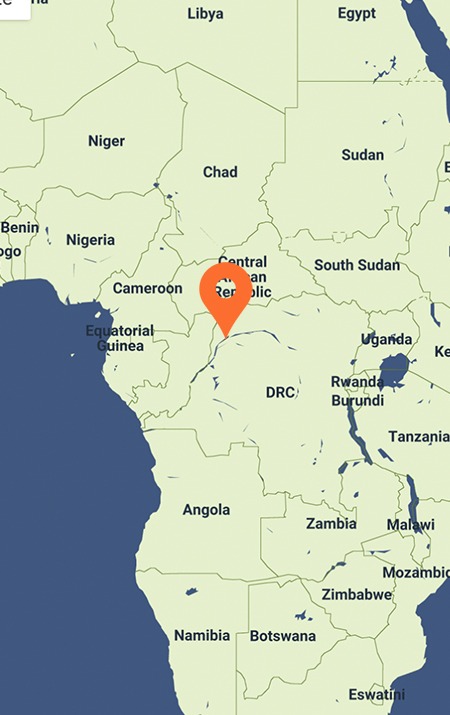
1,150,638
Deforestation threatens species and vital tropical peatlands in western Democratic Republic of the Congo.
-
Species at Risk
African Forest Elephant (CR), Chimpanzee (EN), White-bellied Pangolin (EN)
-
Carbon stored
470,547,689 mT*
*(metric tons of CO2 equivalents) -
Partner
Rainforest Foundation Norway
-
1,150,638 Proposed Acres Conserved by
Designation
-
Project Cost: £1,128,389

1,150,638
The Congo Peatlands store nearly
as much carbon as the U.S. releases from burning fuels in a year.
The Congo Basin of Africa feeds the second-largest river in the world and stretches across six countries. At its heart lies the world’s largest tropical peatland, where thick layers of plant and other organic matter have decayed over thousands of years beneath water-logged swamp forests, sequestering massive amounts of carbon.
Destruction of these peatlands from artisanal and large-scale exploitation threatens habitat and species in the western part of the DRC, where most of the Congo rainforest still stands. Slash-and-burn agriculture, charcoal-making for fuel for urban areas and logging jeopardize not only wildlife but their wetland habitat.
Remote swamp forests are home to Critically Endangered African Forest Elephant and Endangered Chimpanzee and White-bellied Pangolin, all at risk of extinction from poaching for illegal trade and hunting for bushmeat in addition to habitat loss.
Rainforest Trust, in collaboration with Rainforest Foundation Norway with GASHE (Groupe d’Action Pour Sauver L’Homme Et Son Environnement), is working to support the designation of 1,150,638 acres of globally critical tropical peatlands as Community Forests to legally secure the rights of local communities to the land and to safeguard the forests they rely on for survival.
Header photo: African Forest Elephant, by Roger de la Harpe
Explore the DRC’s Tropical Peatlands
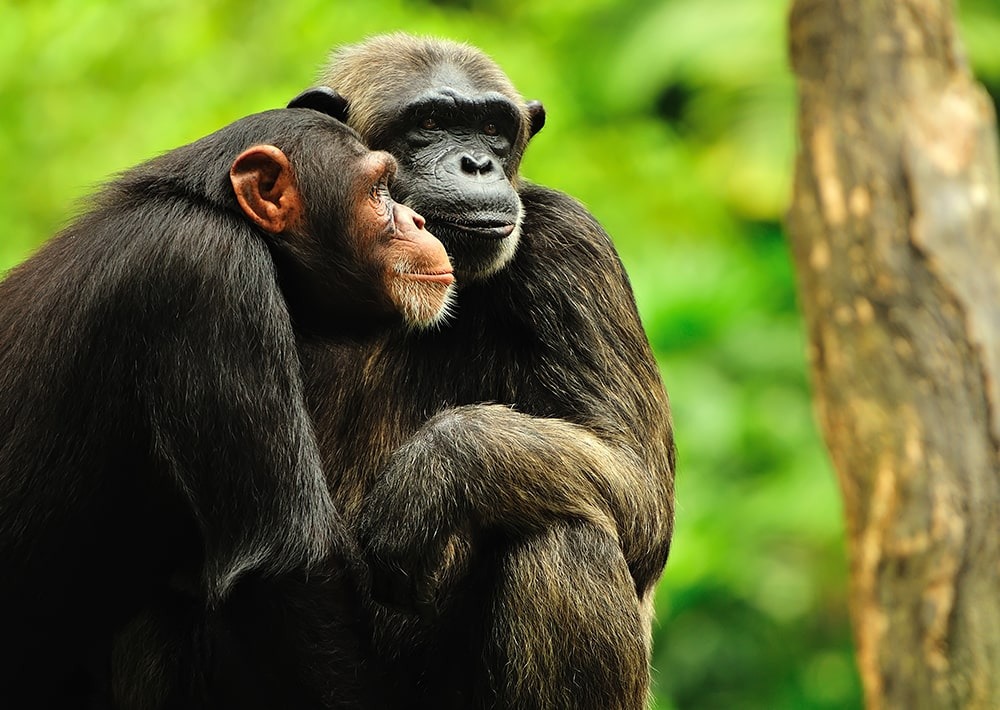
Chimpanzees, by Y.F. Wong
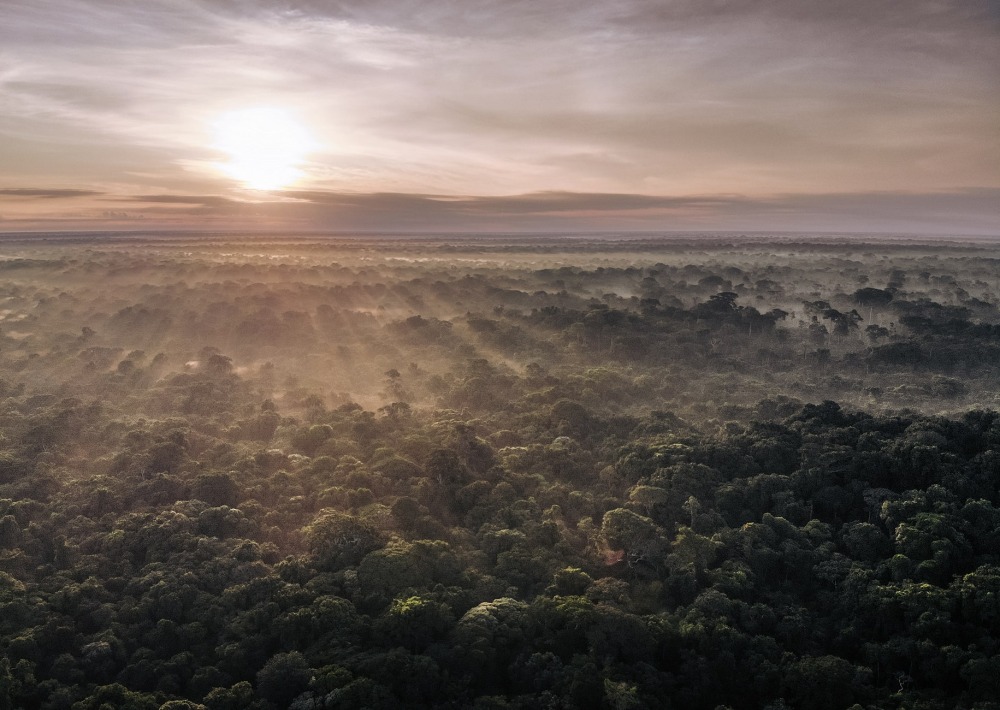
The tropical peatlands of the Democratic Republic of Congo, by Alexis Huguet
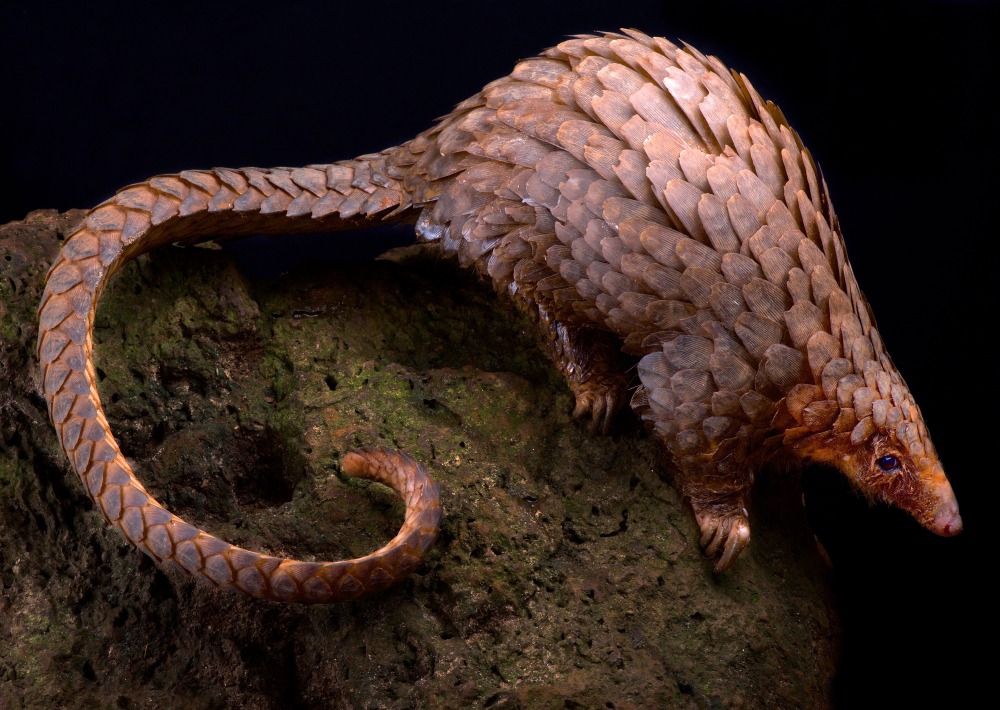
Tree Pangolin, by Reptiles4all
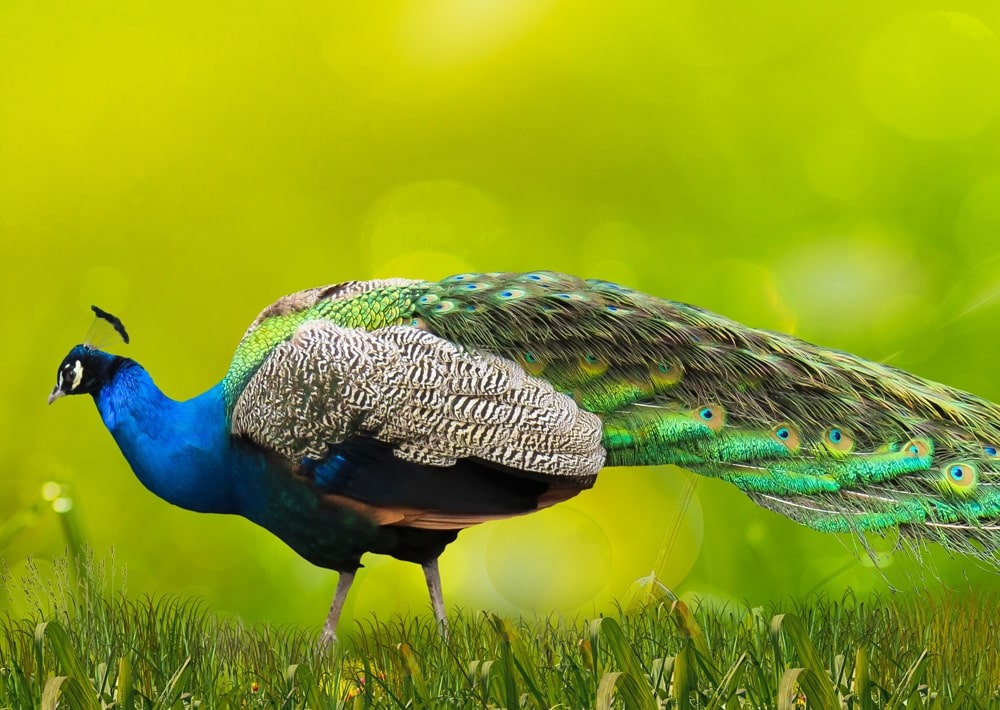
Peafowl, by Huzaifa Niazi
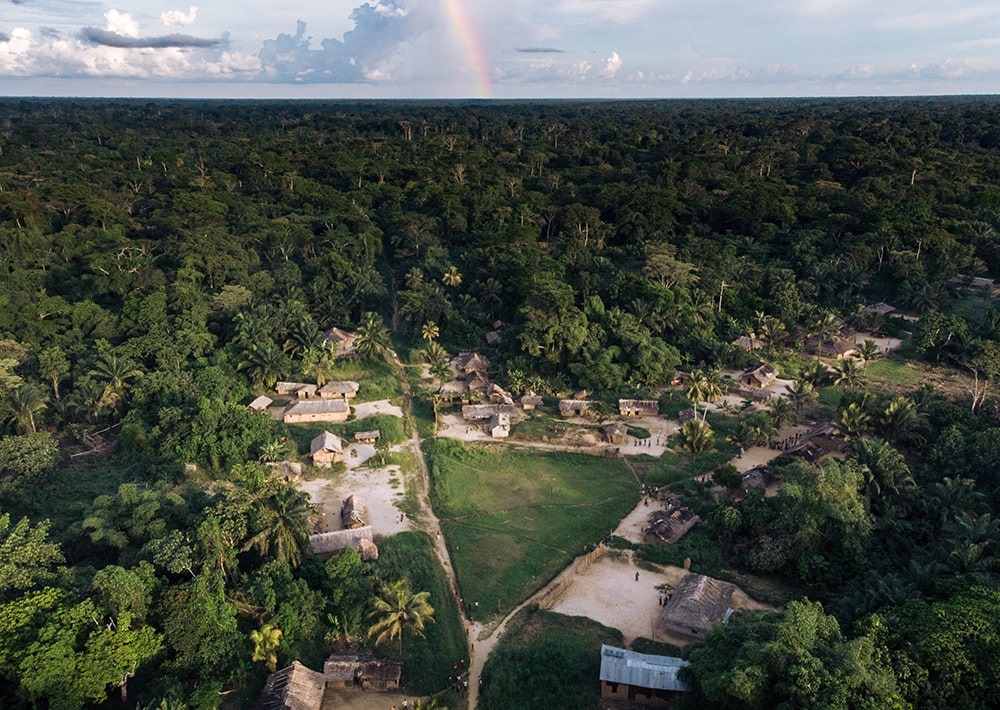
Local community in the DRC tropical peatlands, by Alexis Huguet
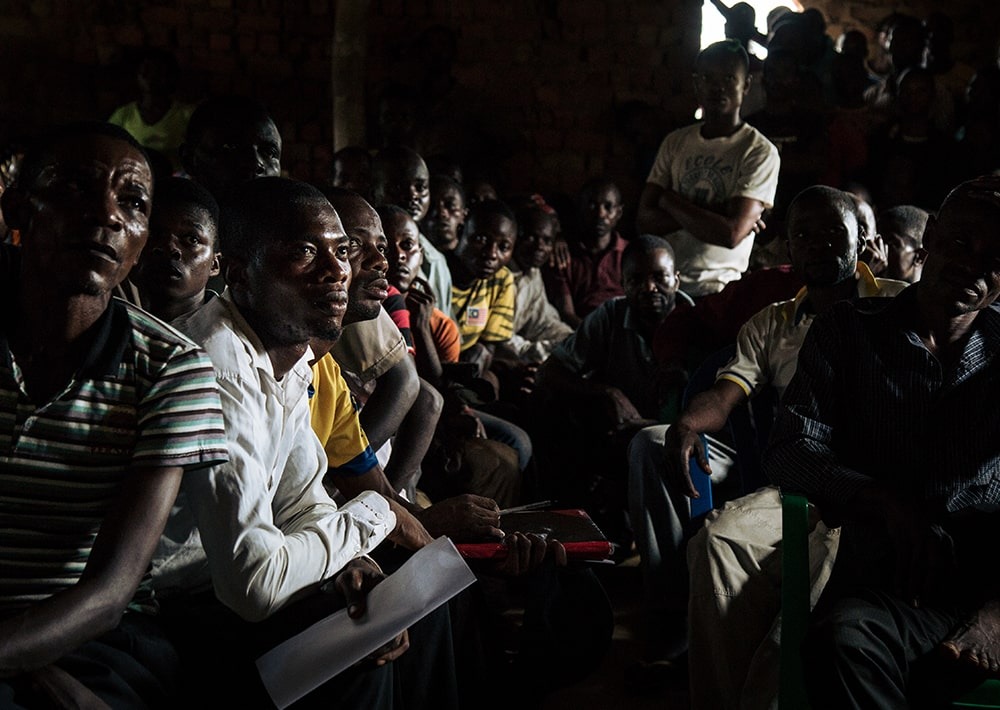
Local community meeting in the DRC tropical peatlands, by Alexis Huguet
Protect Peat Forest for Important African Species and Climate
African Forest Elephants are essential to the dense forest habitat of the Congo Basin since they shape the forest over time as they move and forage through it. But scientists estimate more than a 60% reduction in their population due to poaching for the international ivory trade, habitat loss and fragmentation. The globally Endangered Chimpanzee is at significant risk of local extinction from poaching for bushmeat and the illegal pet trade. The Endangered White-bellied Pangolin also faces heavy exploitation for bushmeat and the traditional medicine trade.
The peat here extends to 30 feet deep and sequesters over 470 million metric tons of CO2 equivalents—which, if released into the atmosphere, would emit nearly the same amount of CO2 as burning 46 billion gallons of diesel fuel.
Support the Rights of Local Communities to Manage Biodiversity
The forest plays a vital role in the lives and well-being of the residents in surrounding villages. Our partner will conduct full and inclusive consultations with people who reside in and around these areas to assist them in securing the rights to their territories.
Rainforest Trust has worked in western DRC since 2018 with partner Les Amis des Bonobo du Congo to establish the 117,415-acre Ecolo ya Bonobo Reserve for the Endangered Bonobo. Another 80,000 acres of protection adjacent to the reserve is currently underway.
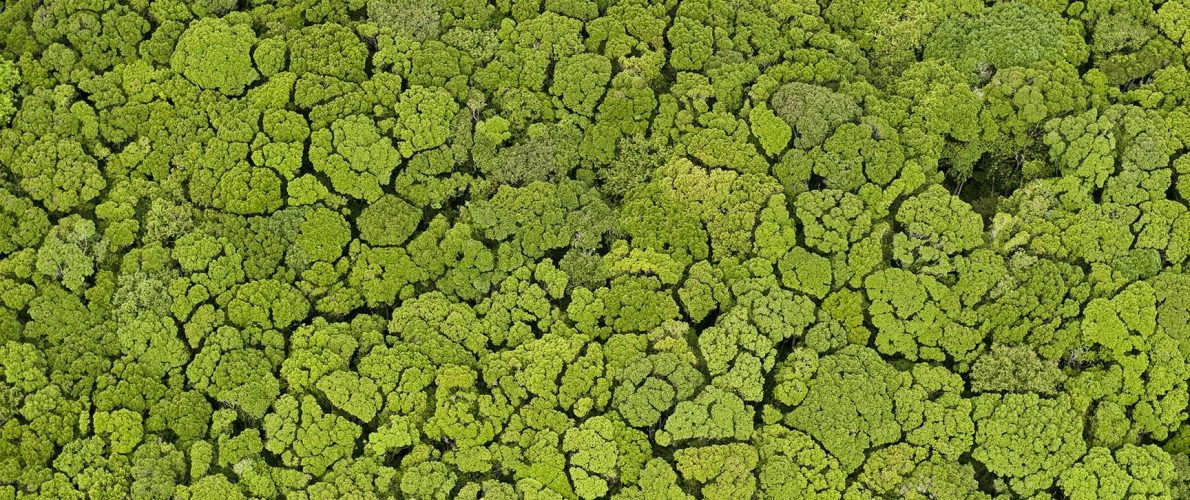
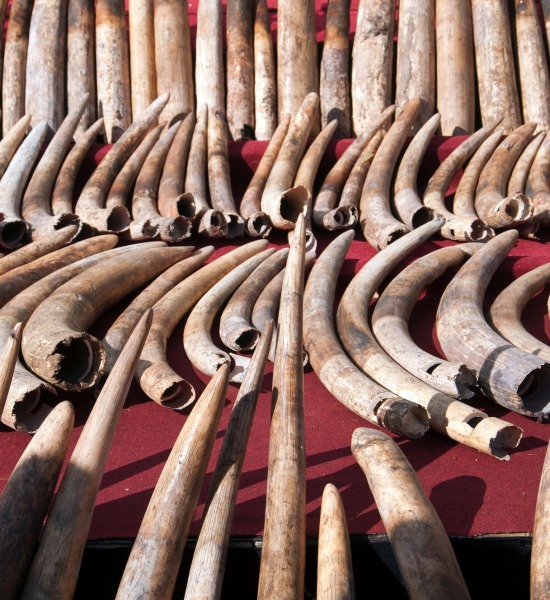
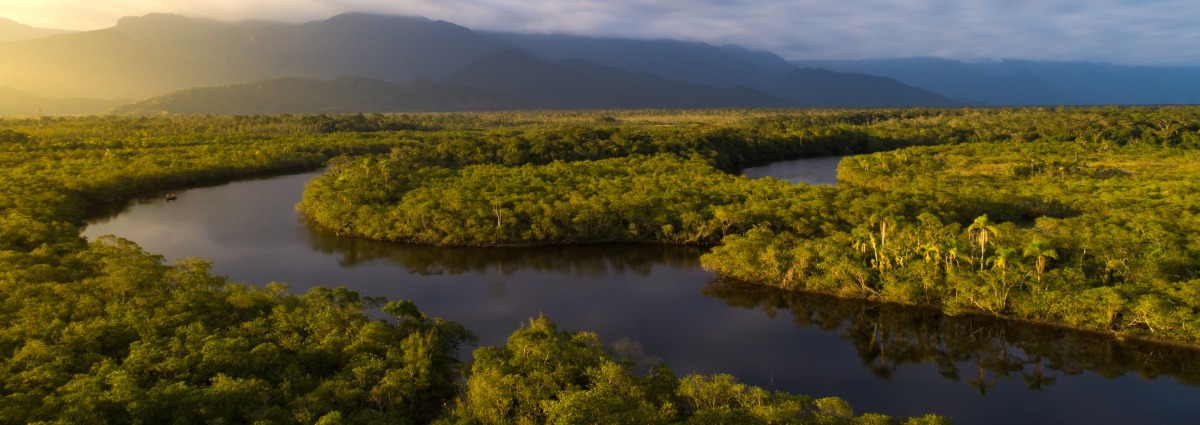
We Value Transparency.
Conservation work is critical, challenging, and can be costly. We work hard to ensure we raise only the funds needed for each project. In the rare case we raise more money than needed or a project comes in under budget, excess monies will be transferred to the Conservation Action Fund. This fund supports our important conservation work throughout the tropics.
Learn more about the Conservation Action FundLearn more about the Conservation Action Fund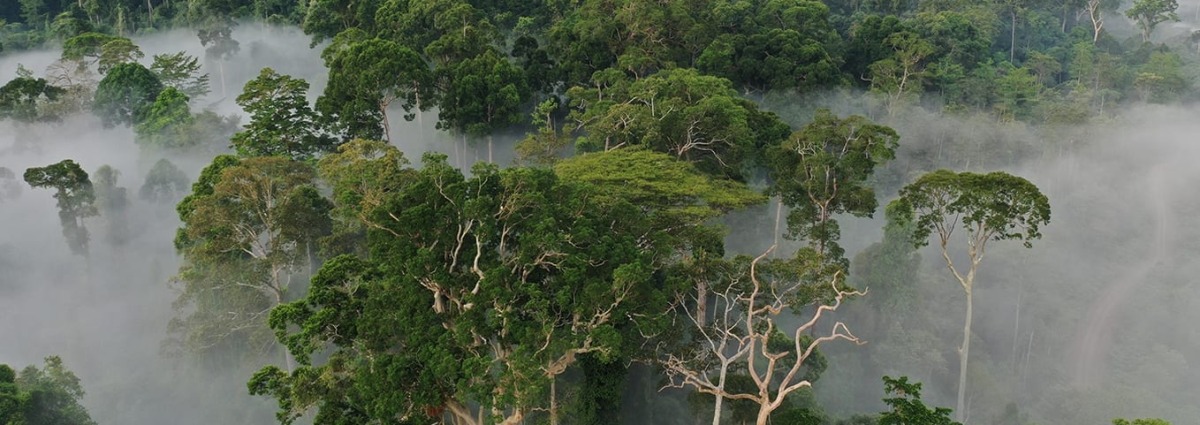
Partnering to Save Rainforest
Our partners’ ability to work with their governments and build strong connections with local communities ensures the successful implementation of our projects.
Learn More About This PartnerLearn More About This Partner
